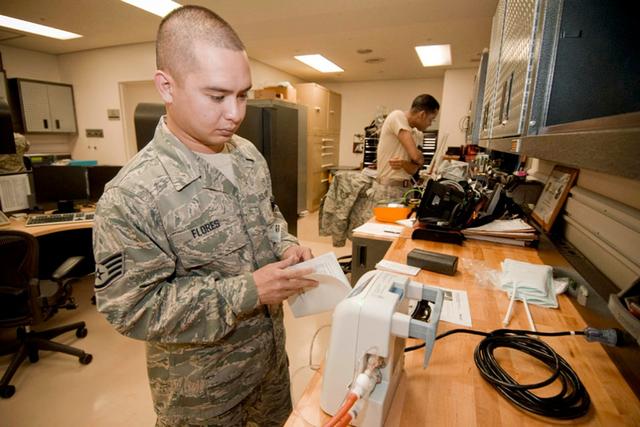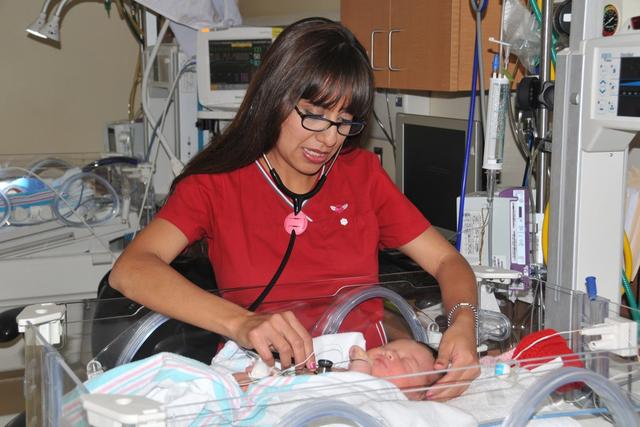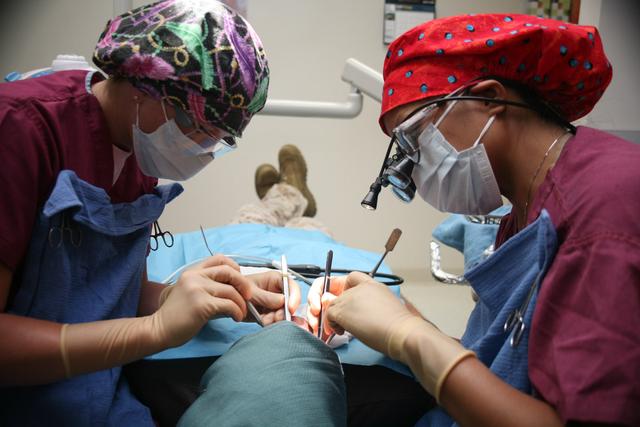Oncologists
Overview

Introduction
Oncologists are physicians who study, diagnose, and treat the tumors caused by cancer. When an individual is diagnosed with cancer, an oncologist takes charge of the patients overall care and treatment through all phases of the disease. There are three primary areas within clinical oncology: medical oncology, surgical oncology, and radiation oncology.
Quick Facts
Median Salary
Employment Prospects
Minimum Education Level
Experience
Skills
Personality Traits
Earnings
Salaries for oncologists vary somewhat according to the oncologists specialty. According to the U.S. Department of Labor, surgeons and physicians earned an average salary of of at least $208,000 in May 2019. Depending upon their specialty, salaries ranged from $184,410 to $261,730.
PayScale.com reports higher earnings for oncologists, with a median salary of $270,405 in May 2020. The low...
Work Environment
Oncologists, like many physicians, divide their time between patient consultations, medical procedures, study, research, publishing, and office or departmental administration. Most oncologists work more than 40 hours per week.
Oncologists may see anywhere from 10 to 30 patients each day. In many of these encounters, they may have to deliver devastating health news regarding a malignancy ...
Outlook
According to the Occupational Outlook Handbook, employment of physicians and surgeons is expected to grow by 7 percent, faster than the average for all occupations, through 2028. The continued expansion of health care industries and the Affordable Care Act have increased the number of people who have access to health insurance. The specialty of oncology should see even stronger growth ...































































































































